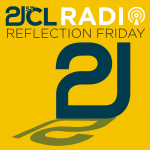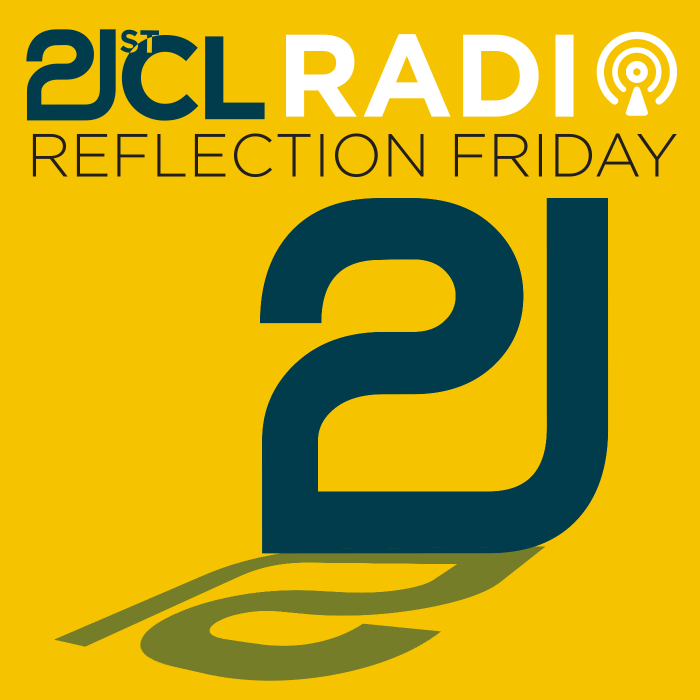Chris
 How do I feel about tech or no tech? There answer is, “Yes!” To go further down this road, a goal of mine is to get on with dropping the word “technology” and derivatives, as much as reasonably possible, from Education Technology. So, what does that mean in practical terms? Not much from on the ground, but conceptually it is important indeed.
How do I feel about tech or no tech? There answer is, “Yes!” To go further down this road, a goal of mine is to get on with dropping the word “technology” and derivatives, as much as reasonably possible, from Education Technology. So, what does that mean in practical terms? Not much from on the ground, but conceptually it is important indeed.
I am now an EdTech Coach, I “do” Education, and I love Education. My career is built on the Platonic concept of always becoming, the Zen understanding of being the teaching, and the practical, coffee-in-the-morning realization that being the best, most effective, and most efficient teacher that I can be involves good, hard work. I use photocopied A3 sheets of paper and pencils, combined with charts and graphs, to teach data overlay techniques to students who are just beginning to explore the crunchy side of social history. We conduct forums on our fancy Learning Management System for weeks at a time as we troll through primary source documents in class, secondary sources at home, and both types of sources on our school’s electronic databases.
In short, it is either all technology (there, I’ve gone and said it) or none of it is. That word is a slippery, nearly meaningless, pompous sounding term that gets in the way of people actually making use of it. We tend not to speak of “21st Century” learning very much anymore because we quickly realized that learning in 2035 might look a wee bit different than learning in 2005. So join me, will you? Let us speak of education, and pedagogical practices, and best tools. Who needs … (you know the word)? I want to be efficient, effective, and fun. I will use the tools that get me there, be they an iPad or paper and pencil.
Michael
Never, ever, ever! That is what I used to say as of about two years ago. But I have since changed my tune. As more research comes out, we have come to understand that our brains behave differently based on how we interact with information.
The digital world, in many ways, has saved me from a life of distraction where I always found something new to work on and forgot what I had been working on in the past. The organizing prowess of a computer assisted device keeps me on track. In addition, my poor handwriting skills were always a detriment when turning in work for teachers. I saw the “ugh” look in their eyes when they picked up a paper I had handwritten for them.
But that does not mean I should always use tech at all times. In fact, I really do not like to use tech in one specific area: Brainstorming!
For me, there is nothing more satisfying and collaborative than the power of large whiteboards, markers and a monster eraser. When I am planning out a lesson, podcast, interview of new business unit, the whiteboard is my best friend. I scribble like crazy, easily see connections and patterns, and walk away feeling great. There is something different about how my brain interacts with my ideas when I am physically writing things down. I feel more relaxed and focused. It is awesome.
Jamie
At the elementary level the discussion of “tech or no tech” is all about the impact that technology has on the developing child. And maybe that discussion should be happening at the upper levels more often as well. There is plenty of research around that talks about the detrimental effect technology can have on brain development, social skills, and physical development. (Chris Rowan published a moderately terrifying article in the Huffington Post about the impact of technology on child development.)
So, what is the answer? Do we stop using tech in the elementary school to help mitigate these negative effects? I’ll be honest here and say that I don’t really know. The push for more and more technology earlier and earlier scares me sometimes. I honestly don’t think that we really need a 1-1 iPad program in preschool classrooms. But I fear throwing the baby out with the bath water. I’ve seen some of the amazing ways technology can be used at the elementary level and I truly believe that the benefit of using tech in those lessons outweighed the risk of the potential negative impact of technology on children.
So, in the end I guess I’m agreeing with Chris and Michael that it’s about balance. It’s about walking that tightrope line between too much tech and not preparing kids for the future by using none at all. The issue with that answer though, is that humans seem to be notoriously bad at finding balance. Instead we are really really really good at swinging from one extreme to another.
